After seven months of ‘lockdown’, Melburnians are now finally starting to get back to the things and people they love. Many are rejoicing, and so they should! It’s safe to say lockdown was tough for all of us. Losing loved ones, relationships, jobs, social interaction, holidays and housing; lockdown proved challenging, to say the least. The recent easing of restrictions has provided a light at the end of the tunnel for many. At the time of writing this, Victoria has gone a full 27 days of zero new cases, zero deaths and now zero cases across the state. The current stage of restrictions allows us to get back to gyms, restaurants, shops and friends, a welcome change from months of ‘iso’. With so much excitement, it can be easy to assume all Melbournians are catching up with friends in the park to bask in their renewed social life. However, this is not the case for all of us.
For some of us, the end of lockdown has brought on the beginning or return of other issues. Personally, I struggled with intense feelings of rejection and loneliness. How can I feel more lonely now than in lockdown you ask? Easy; social media bombardment of friends hanging out and about without me. While I did meet some friends for the almost obligatory lockdown end dinner on the very first night, I quickly found the friends who’d leaned on me throughout lockdown were suddenly nowhere to be found. While I’m self-aware enough to realise this is probably just my insecurity and mental illness talking, I felt used to put it in a word.
I distinctly remember the first weekend of lockdown; my partner had to work. I had exciting plans in my head to get up early and enjoy the sunshine with a friend until he came home. However, this is not what happened. The reality of this day found me crying in bed feeling inadequate. As friend after friend who’d told me they couldn’t wait to see me turned me down, I realised lockdown had almost completely removed feelings of social rejection from my life. After seven months of lockdown, I had forgotten how to regulate these feelings and let them pile on top of me until I couldn’t breathe. I even questioned the one friend who noticed my mood and tried their best to cheer me up, assuming they were just pitying me.
Once I finished riding this roller coaster of emotions and could tap back into my logical brain, I realised I couldn’t be alone. The post-lockdown world brings a range of different struggles to a range of different people for a range of different reasons. Knowing I couldn’t be the only one struggling, I asked the broader community what they were struggling with post lockdown. With the help of some anecdotal stories, here are the main recurring themes and issues I uncovered (in no particular order):
Relearning how to Cope with Social Rejection and Anxiety
If you’re like me, the end of lockdown means the return of social insecurities and related anxieties. Plus, the relearning of coping mechanisms and self-therapy techniques left dusty in the toolbox while we binged Netflix and worked from home without the risk of social rejection.
With lockdown over, the possibility of perceived social rejection returns. Relearning to regulate these feelings and see them as feelings rather than fact is a struggle many of us share.
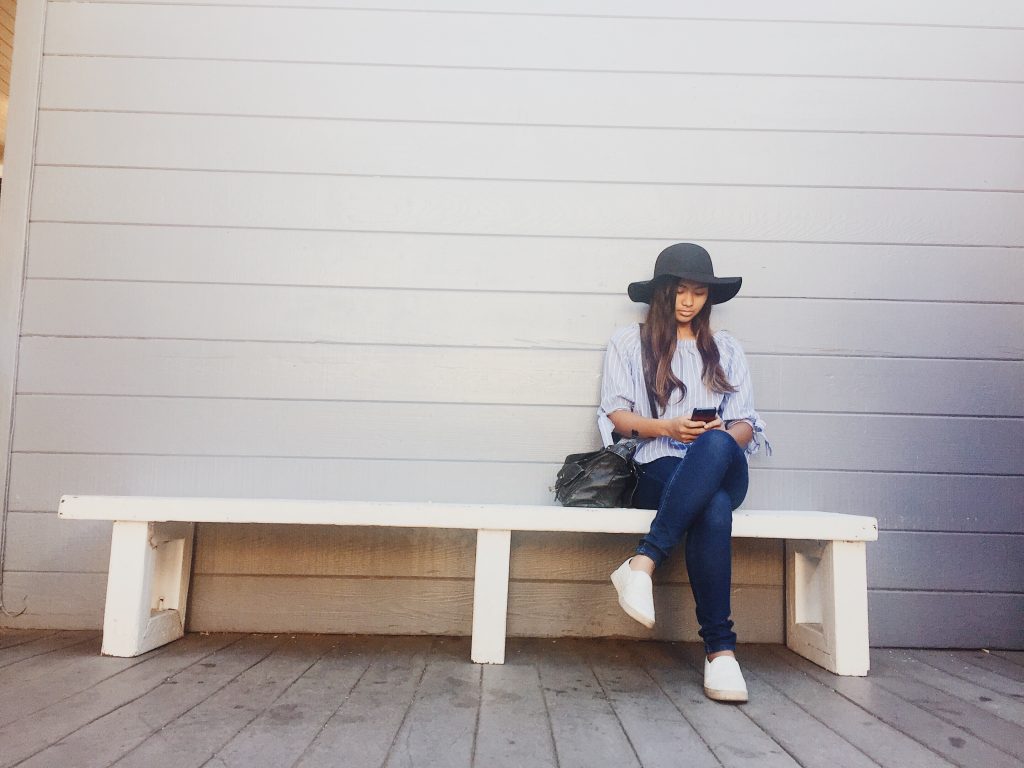
Whilst lockdown provided respite for many social anxiety sufferers, this respite may not have been for the best long-term. Social anxiety is a difficult and complex experience to navigate; many people struggle for years to learn and implement effective coping mechanisms that allow them to lead an enjoyable social life. Coping mechanisms are a skill that need to be practiced like any other. Many people reached out with stories of their social anxiety worsening post-lockdown as a result of a removed need to practice coping.
“For many years, I have struggled with anxiety. When lockdown happened, I enjoyed it in a way because I didn’t have to put myself in difficult group settings. Now, coming out of lockdown, I feel my anxiety is worse because of how comfortable I became not having to see anyone.”
Anonymous, 27
3rd Wave & Infection Stress
Another recurring theme was stress around the risk of infecting vulnerable loved ones and a potential 3rd wave with further restrictions. As Melburnians know all too well, what is given can just as easily be taken away – again. Around mid-June, Melbourne was released from stage 3 restrictions, with a sense of quiet confidence in the air that we had done so well to defeat the virus. However, in a few short weeks, a deadly second wave surged with new case numbers rising around 800 a day. Just as quickly as we had all rushed to see loved ones, we were locked away again. This reimposition of a second, stricter lockdown struck many people much harder than the first. Akin to a carrot dangled in our faces, the frustration and loneliness hit most hard.
“I definitely feel anxious about being too complacent and going back to lockdown for a third time. I really struggled going back in after the first one.”
Elle, 24
As a potential 3rd wave risks lockdown reintroduction, so too does it risk the health and safety of vulnerable loved ones. With a disproportionate amount of Victoria’s coronavirus deaths represented in the aged-care industry or hospitals, fear for elderly or ill family members and vulnerable infants has gripped many.
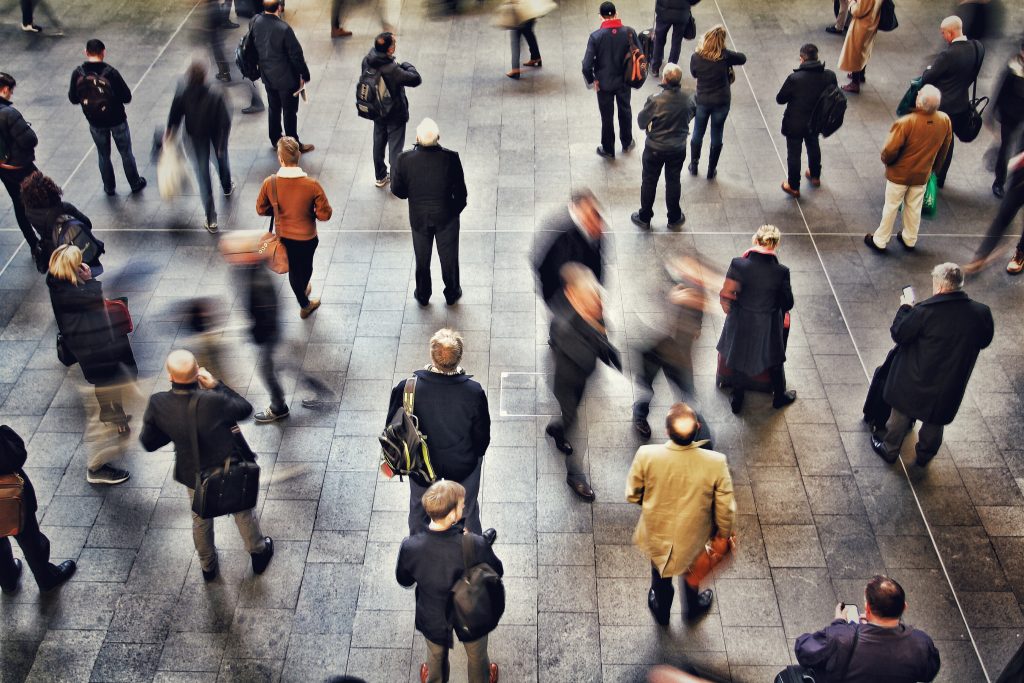
“Being around too many people makes me anxious as I don’t know where they’ve been or if they have the virus. I feel people don’t social distance or wear masks properly and I’m worried about passing it onto my 8-month-old.”
Samantha, 35
Personal time
On the other end of the scale to my mini-meltdown is social overload. Many people that reached out felt completely overwhelmed with post-lockdown life. When restrictions eased not only could we see friends again but for many people, they also returned to work for the first time in months. Going from a social 0 to 100, essentially overnight, has introduced a new struggle many never saw coming.

“I have been bombarded with family and friends wanting to catch up. Still working full-time, that only leaves the weekend. Two days to see multiple people, tackle chores, exercise, shopping and rest. I love seeing friends and family, but I feel overwhelmed trying to cram it all in.”
Tanya, 33
Perhaps contributing to the issue, it seems many people feel they have to accept any and all social requests. With lockdown stripping us of almost all social interaction, many Melbournians feel saying ‘no’ to friends or family is not an option. Although the social overload is impacting so many, saying no in order to rest and recover is coupled with guilt and so avoided.
“I’m struggling with having to leave my house so often now. I feel obliged to say yes to every social thing.”
Rachel, 27
Post-Lockdown Reverse Culture Shock
During lockdown getting ‘back to normal’ gave many the drive to get through the hardship. People were itching to get back to their regular day to day as soon as they could. However, the pre-lockdown reality we were once accustomed to is now almost as foreign as life in isolation. Though new to many of us, psychologists have long known of this phenomenon; reverse culture shock.
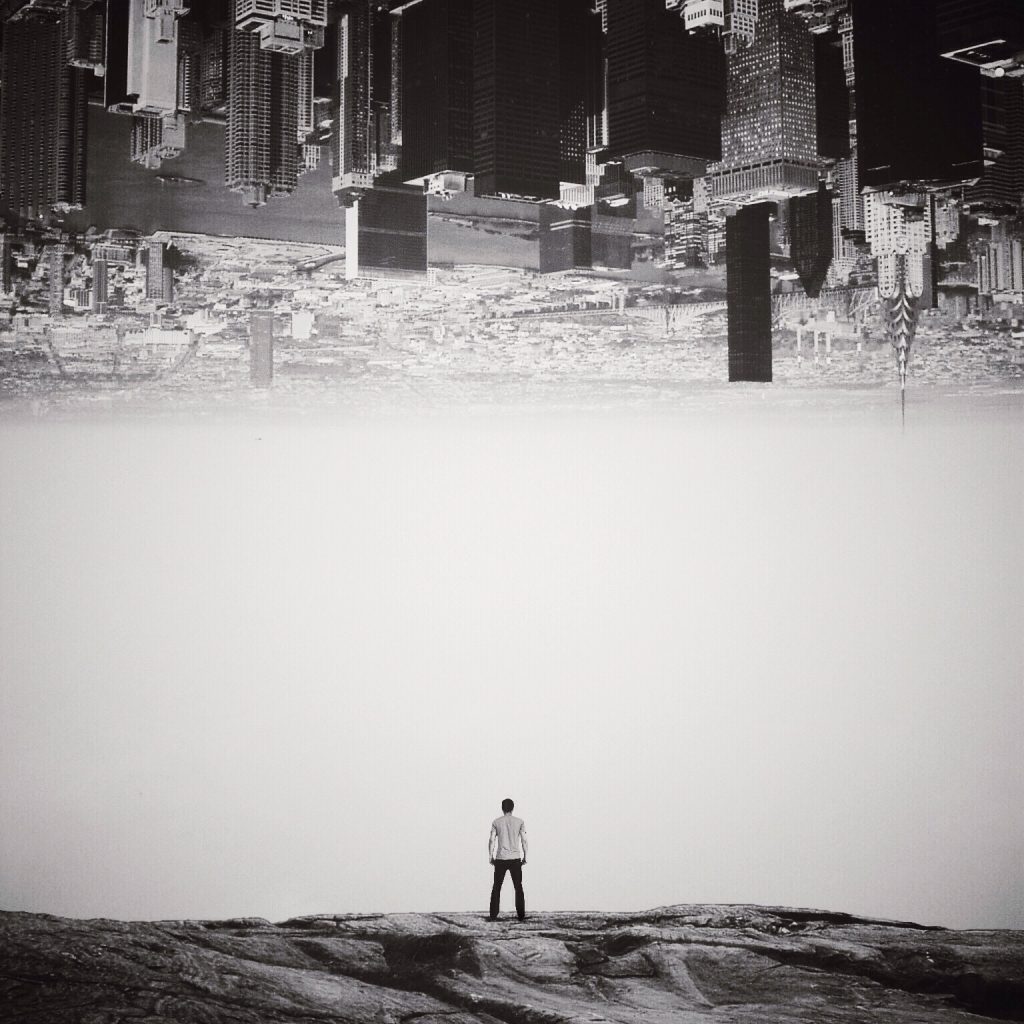
“I feel like I don’t belong to the old life I’m trying to return to. Nothing feels right, and everything feels exhausting.”
– Anonymous
Most people who have travelled overseas have likely experienced culture shock. You get off the plane and are inundated with unfamiliar and confusing languages, expectations and locations. Reverse culture shock is similar, though it refers to experiencing these same feelings of unfamiliarity and confusion when returning to your previous ‘normal’. BC (before-corona) people usually only experienced this after spending extended amounts of time living abroad, then returning home. In a COVID-19 world, we are experiencing this post-lockdown. Life in isolation was our foreign country, and we romanticise a return to pre-covid freedoms. Although we aren’t yet completely out of restrictions, our relative return to normal has left many people feeling lost in the life they thought they would slip right back into.
“For months, all I wanted was for restrictions to be gone and to go out with friends. Finally, restrictions eased and I happily booked a dinner with friends. Leading up to the dinner, I began to feel a nervousness I’d never felt before. After months of isolation, group settings had become unfamiliar.”
Daniel, 31
What Now?
First and foremost, I think we all need a reminder that none of this is normal. While there is no playbook on this whole global pandemic scenario we find ourselves in, there are some things we can do to get through and start feeling a little better:
- Seek help if you need it – For more complex issues, you may need to seek professional help. Sometimes our friends and family can only do so much. Professional psychologists or counsellors are trained to help, rather than just listen to you vent. Your GP may be able to set up a mental health care plan for you, or your employer may have an EAP program for you to access through work.
- Mindful social media use – Social media can be a great tool and source of joy, but it can also severely impact our mental health. While you scroll through a feed of smiling picnics, try to remind yourself; it’s ok if you’re not feeling so smiley. Social media is the perfect example of the grass is always greener. People are much less inclined to post about their bad days, instead, they fill their profiles to fit the persona they are trying to project. Gently reminding yourself that people posting happy snaps are likely going through something similar (just not posting about it), can help bring a more realistic perspective to what we see on social media.
- Say No – While a lot of us might feel obliged to say yes to every social offer thrown at us right now, it is ok to say no sometimes. If you are feeling overwhelmed and exhausted and need a day to rest and recuperate alone, you do not need to feel guilty. Draining your social battery is a real thing, and it’s ok to take time to yourself to recharge it.
- Take care of yourself physically – Whilst almost cliché, sleeping enough, eating well and exercising is a proven way to look after yourself both physically and mentally. Science has long demonstrated the benefits of a healthy body for a healthy mind. This doesn’t mean you need to sign up to a gym and eat only broccoli, but regular movement and a balanced diet give your brain and body what it needs to thrive.
In these unprecedented times (the phrase of 2020) it can be easy to feel you are alone in whatever it is you are going through. If nothing else, I hope these stories demonstrate it’s the majority, not the minority, that are finding this new ‘COVID-normal’ as our premier rebranded it, difficult.
You are not alone.
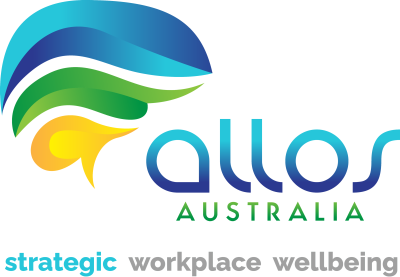
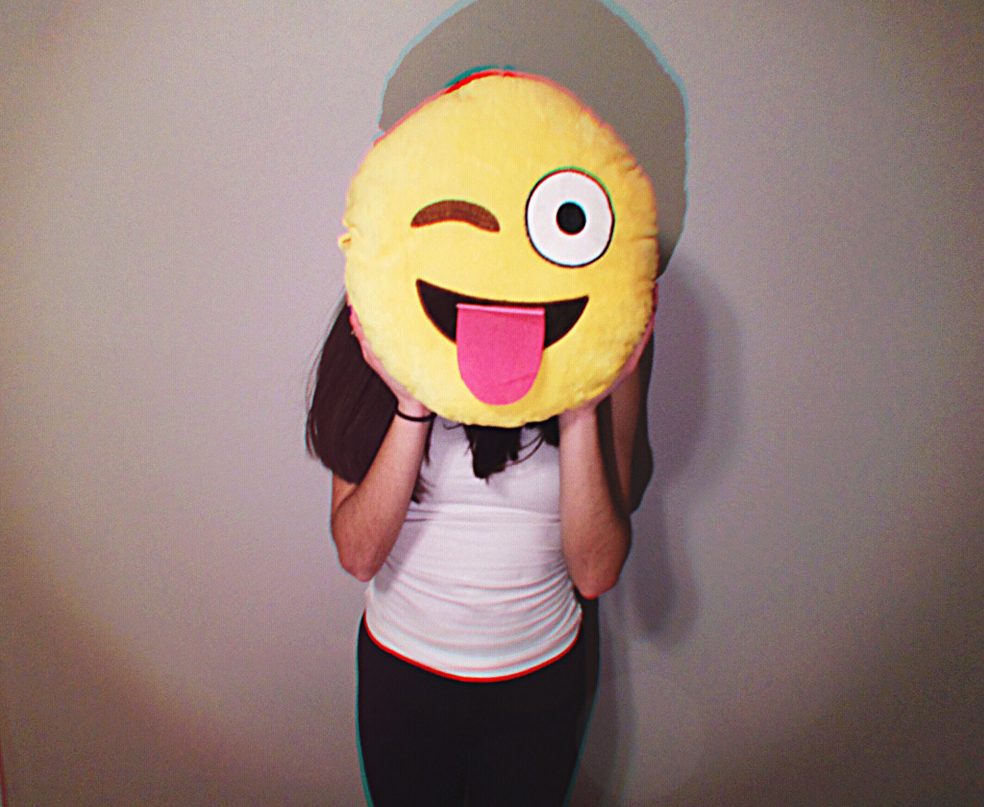
2 Comments on “Ghosts of a Lockdown Past: Stories of Melburnians in a Post-Isolation World”
Such a great read. I could relate to everything mentioned. Knowing that I’m not the only one feeling this way makes it a little easier <3
Love this! While I missed seeing my friends I didn’t miss the nerves that came with being in their company after a few hours. So good to hear not everyone was ready to get out and about again